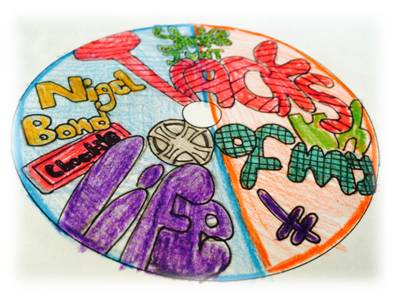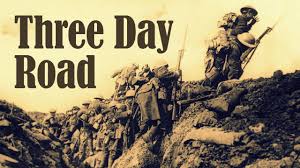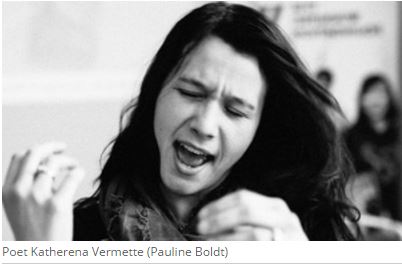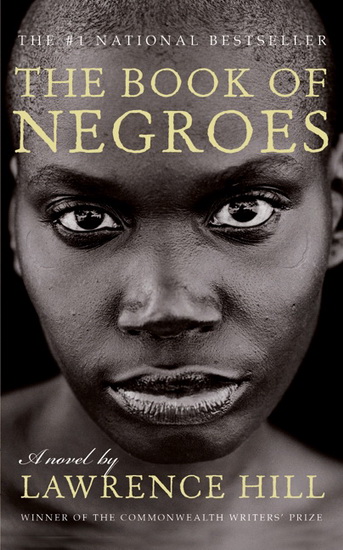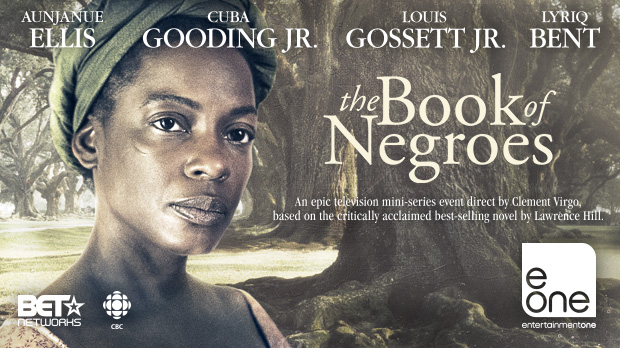Students love music so, when I tell my grade 11 College English classes that they are going to be creating CDs as their first project, students get excited. Inspired by Facing History’s approach to teaching about genocide, I started the “Tracks Of My Life Project” to engage students in exploring the concept of identity that is foundational to our first novel, Indian Horse by Richard Wagamese.
Introducing Indian Horse with the Tracks of My Life Project
Posted by Luke Bramer on February 27, 2018
Topics: Identity, Music, Residential Schools, Truth and Reconciliation, Indigenous History, English Classroom, trc, stolen lives
In my grade 10 Canadian history class, I often used excerpts from Joseph Boyden’s Three Day Road to explore what life was like for soldiers during WWI. In this novel, protagonist Xavier Bird returns to Northern Ontario in 1919 after fighting in France and Belgium. He is met by his aunt Niska, an Oji-Cree woman, and the two travel back to their village. On this journey, the two recount traumatic experiences from their past - Xavier as a soldier returning from the front and Niska as a survivor of residential schools.
Topics: Canada, Canadian History, Truth and Reconciliation, Indigenous History, Book, Indigenous, English Classroom, big paper, English, Grade 10 History, CHC, difficult conversations, trc, stolen lives, settler educators
Using Facing History and Ourselves Resources and Pedagogy to teach the Grade 12 Secondary School Literacy Course
Posted by Lesa Smith on March 22, 2016
Having been an LTO (Long term occasional teacher) in the TDSB (Toronto District School Board) for several years I have taught a variety of courses with little prep time available; Facing History saved me more than a few times with their resources (and of course other teachers' contributions to this very blog). I'm delighted to be able to share some of my experience using and adapting Facing History and Ourselves resources and pedagogy in my classroom.
Topics: Film, Choosing to Participate, Human Rights, Facing History Resources, News, Identity, Facing History and Ourselves, current events, Culturally Responsive and Relevant Pedagogy, Literature Circles, Lesson Ideas, In the news, English Classroom, Social Justice, Literature, Personal history, English
Stolen Lives: The Indigenous Peoples of Canada and the Indian Residential Schools.
Posted by Leora Schaefer on November 26, 2015
On November 26, we released Stolen Lives: The Indigenous Peoples of Canada and the Indian Residential Schools. This new resource brings educators new primary sources and first-person accounts about a painful period in Canadian history, when about 150,000 Indigenous children were forcibly taken from their families and stripped of their language, culture, and traditions.
Topics: Human Rights, Facing History Resources, Identity, Facing History and Ourselves, History, Canada, Racism, current events, We and They, Culturally Responsive and Relevant Pedagogy, genocide, legacy, In the news, English Classroom, Social Justice
Valerie Simmons was born in London, England in 1921. She has been writing poetry since she was six years old. At the beginning of WWII she worked in a first aid post dealing with Blitz casualties. When the Battle of Britain ended she joined the Women’s Air Force (WAF) where she was an admin officer throughout England and in Egypt. After the war she earned a BA from London University and went on to get her teaching qualifications. She has taught and worked in libraries.
Topics: Art, Choosing to Participate, Events, Identity, Facing History and Ourselves, Canada, Memorial, current events, legacy, Remembrance Day, English Classroom, Personal history
When I first looked at exploring human rights issues in my grade nine English class, I struggled with finding the right medium to help my students to dig deeply. The idea behind using slam poetry came from my student teacher, Andrew. Andrew believed that the personal stories of those directly affected by things like unfair laws, tragedies, and war would most help students understand human rights and why they are integral to our world.
Topics: Lesson Ideas, English Classroom
Facing History reads Canada Reads: 5 Books that Challenge Stereotypes and Change Perspectives
Posted by Gillian Aitken on March 12, 2015
CBC's battle of the books - Canada Reads 2015 - is taking place from March 16-19th. Canada Reads involves five prominent Canadians debating which book all of Canada should read.
Each year the theme for the event relates closely to our work at Facing History and this year’s theme, One Book to Break Barriers, is no exception. The panel must decide the one book out of the five chosen that best "challenges stereotypes and changes perspectives." The debate over which book to pick takes place over four days beginning March 16, and is live streamed on CBC.ca at 10am EST and broadcast on radio and television each day.
Topics: Professional Development, Canada, English Classroom, Literature
Teaching “The Book of Negroes” Part I: Race, Names, and Identity
Posted by Jasmine Wong on February 11, 2015
It always amazes me how good literature has the capacity to expand our understanding of our world, challenge our memory of history, and grow our thinking about human nature and human experience.
As someone who works with educators, I love to see how bringing great stories grounded in lived experiences into classrooms can begin conversations, spur questions, and help students make connections between themselves, the lives of others in the stories they read, and the world around them.
Topics: Identity, "The Book of Negroes", Strategies, Lesson Ideas, English Classroom, Literature
UPDATE (Feb 2015): Thank you to all those who joined our chat! While the Toronto #FHChat for Book of Negroes has ended, you can continue to be in conversation with us on how to bring this important novel and mini-series into your classroom on our blog.
Topics: Film, Events, "The Book of Negroes", Slavery, English Classroom
We've compiled a list of the nine books that we feel every teacher (and student) must read. Each of these books tackles an important event/issue in history. Each of these books is engaging, well-written, and powerful.
Topics: Professional Development, Holocaust, Holocaust Education, English Classroom, Literature, Personal history

